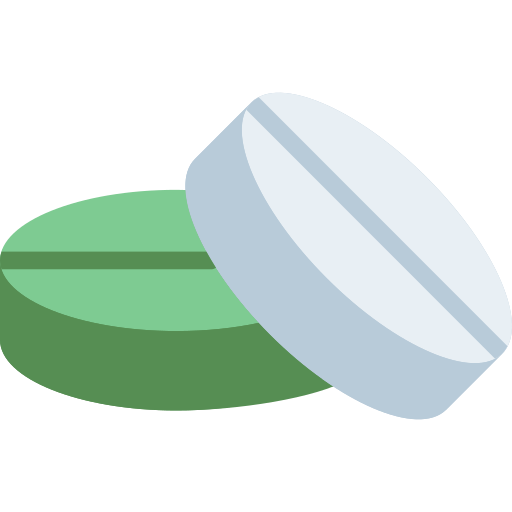
Bempedoic acid
180 mg
Eskayef Pharmaceuticals Ltd.
Product Details
Description
Simvastatin: Avoid concomitant use of Bempedoic Acid with simvastatin greater than 20 mg. Pravastatin: Avoid concomitant use of Bempedoic Acid with pravastatin greater than 40 mg.
Discontinue Bempedoic Acid when pregnancy is recognized unless the benefits of therapy outweigh the potential risks to the fetus. There are no available data on Bempedoic Acid use in pregnant women to evaluate for a drug-associated risk of major birth defects, miscarriage, or adverse maternal or fetal outcomes. There is no information regarding the presence of Bempedoic Acid in human or animal milk, the effects of the drug on the breastfed infant, or the effects of the drug on milk production. Breastfeeding is not recommended during treatment with Bempedoic Acid.
Bempedoic acid inhibits renal tubular OAT2 and may increase blood uric acid levels. In clinical trials, 26% of Bempedoic acid-treated patients with normal baseline uric acid values (versus 9.5% placebo) experienced hyperuricemia one or more times, and 3.5% of patients experienced clinically significant hyperuricemia reported as an adverse reaction (versus 1.1% placebo). Increases in uric acid levels usually occurred within the first 4 weeks of treatment initiation and persisted throughout treatment. After 12 weeks of treatment, the mean placebo-adjusted increase in uric acid compared to baseline was 0.8 mg/dL for patients treated with Bempedoic acid. Elevated blood uric acid may lead to the development of gout. Gout was reported in 1.5% of patients treated with Bempedoic acid and 0.4% of patients treated with placebo. The risk for gout events was higher in patients with a prior history of gout (11.2% Bempedoic acid versus 1.7% placebo), although gout also occurred more frequently than placebo in patients treated with Bempedoic acid who had no prior gout history (1.0% Bempedoic acid versus 0.3% placebo). Advise patients to contact their healthcare provider if symptoms of hyperuricemia occur. Assess serum uric acid when clinically indicated. Monitor patients for signs and symptoms of hyperuricemia, and initiate treatment with urate-lowering drugs as appropriate. Tendon Rupture: Bempedoic acid is associated with an increased risk of tendon rupture or injury. In clinical trials, tendon rupture occurred in 0.5% of patients treated with Bempedoic acid versus 0% of placebo-treated patients and involved the rotator cuff (the shoulder), biceps tendon, or Achilles tendon. Tendon rupture occurred within weeks to months of starting Bempedoic acid. Tendon rupture may occur more frequently in patients over 60 years of age, in those taking corticosteroid or fluoroquinolone drugs, in patients with renal failure, and in patients with previous tendon disorders. Discontinue Bempedoic acid immediately if the patient experiences rupture of a tendon. Consider discontinuing Bempedoic acid if the patient experiences joint pain, swelling, or inflammation. Advise patients to rest at the first sign of tendinitis or tendon rupture and to contact their healthcare provider if tendinitis or tendon rupture symptoms occur. Consider alternative therapy in patients with a history of tendon disorders or tendon rupture.
Pediatric Use: The safety and effectiveness of Bempedoic acid have not been established in pediatric patients. Geriatric Use: Of the 3009 patients in clinical trials of Bempedoic acid, 1753 (58%) were 65 years and older, while 478 (16%) were 75 years and older. No overall differences in safety or effectiveness were observed between these patients and younger patients, and other reported clinical experience has not identified differences in responses between the elderly and younger patients. However, greater sensitivity of some older individuals cannot be ruled out. Renal Impairment: No dosage adjustment is necessary in patients with mild or moderate renal impairment. There is limited experience with Bempedoic acid in patients with severe renal impairment (eGFR < 30 mL/min/1.73 m 2 ), and Bempedoic acid has not been studied in patients with end-stage renal disease (ESRD) receiving dialysis. Hepatic Impairment: No dosage adjustment is necessary in patients with mild or moderate hepatic impairment (Child-Pugh A or B. Patients with severe hepatic impairment (Child-Pugh C) have not been studied.
Keep below 30oC temperature, protected from light & moisture. Keep out of the reach of children.
-
Support 24/7
Call us anytime -
100% Safety
Only secure payments